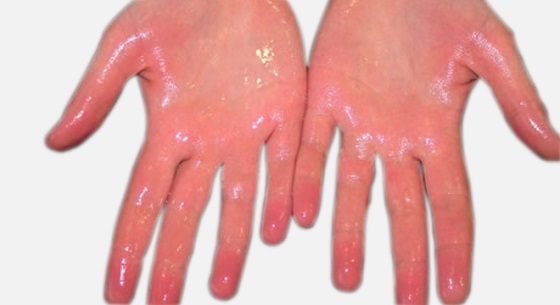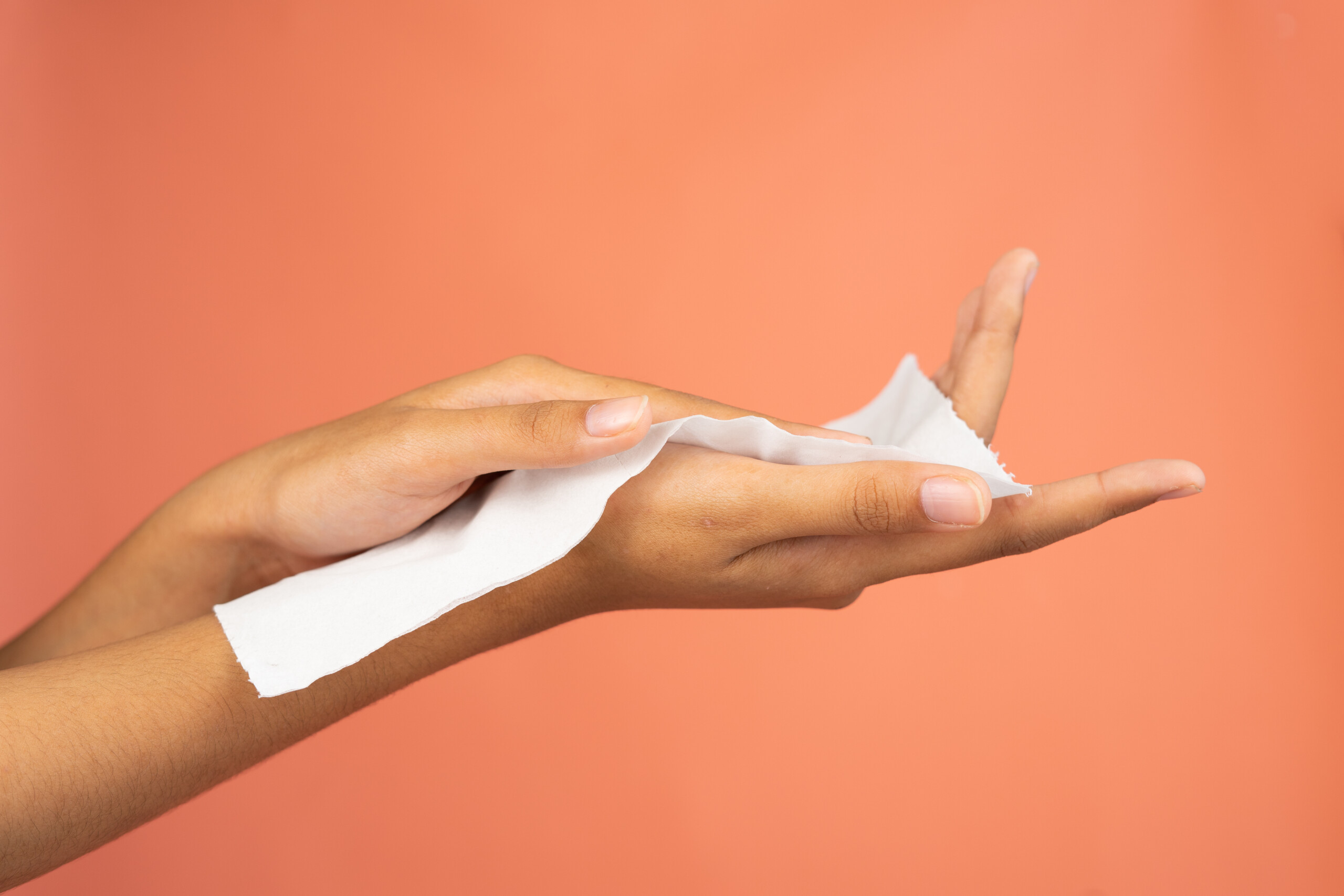Recognizing the Origin of Excessive Sweating and Its Influence On Life
While it is commonly understood as a physical feedback to control body temperature, the triggers for extreme sweating can vary widely amongst people, including not only physical factors yet likewise emotional and mental elements. By diving into the root causes of hyperhidrosis and discovering its diverse impacts, a deeper understanding of this prevalent issue can be gotten, shedding light on the intricacies that people grappling with too much sweating navigate on a day-to-day basis.
Physiology of Sweat Glands
The law of sweat production, a critical physiological procedure, is mostly regulated by the task of sweat glands dispersed throughout the human body. Gland are categorized right into two major types: eccrine and apocrine glands. Eccrine glands are one of the most many and are found in mostly all areas of the body. They play an important role in thermoregulation by producing a watery liquid onto the skin's surface area, which helps and vaporizes cool the body down. On the other hand, apocrine glands are focused in locations rich in hair follicles, such as the underarms and groin, and their secretions are thicker and milky in look.
When the body temperature level climbs, either because of physical task, high temperatures, or psychological tension, the nerve system sets off the gland to generate sweat. This sweat is composed mostly of water and electrolytes like salt and chloride. The process of sweat production is necessary for keeping the body's internal temperature level within a slim, optimal array, highlighting the vital duty sweat glands play in human physiology.
Triggers for Excessive Sweating
In comprehending the source of excessive sweating, it is crucial to determine the triggers that can lead to this physical feedback. Excessive sweating, also understood as hyperhidrosis, can be triggered by different variables, both physical and ecological. One usual trigger is psychological stress or anxiety, which can stimulate the body's sweat glands to produce more sweat than is required for cooling. Physical effort, heats, and spicy foods are likewise understood to activate extreme sweating in individuals susceptible to this condition. Specific medical conditions like diabetes mellitus, menopause, or hyperthyroidism can contribute to excessive sweating as well.
Moreover, medicines such as some antidepressants, opioids, and certain supplements can additionally function as triggers for hyperhidrosis. Comprehending these triggers is necessary in managing excessive sweating efficiently - Treatment for hyperhydrosis of hands. By determining and dealing with the details triggers that trigger too much sweating in a private, healthcare suppliers can establish personalized therapy plans to reduce this problem and boost the individual's lifestyle
Medical Conditions Associated
Connected with excessive sweating are various clinical conditions that can worsen this physiological response. One typical problem is hyperhidrosis, a condition characterized by extraordinarily increased sweating that surpasses the body's thermoregulatory demands. This can manifest in focal locations like the hands, soles, underarms, or face, affecting an individual's high quality of life due to social humiliation and pain.
Moreover, endocrine problems such as hyperthyroidism, diabetes mellitus, and menopausal warm flashes can additionally lead to excessive sweating. Hyperthyroidism causes an overproduction of thyroid hormones, increasing metabolic process and activating sweating. Diabetes mellitus can induce sweating episodes, especially during hypoglycemic episodes when blood sugar levels drop too reduced. Menopausal warm flashes, connected to hormone fluctuations during menopause, can cause extreme and abrupt sweating, often come with by flushing and heart palpitations.
Additionally, infections like hiv, tuberculosis, and endocarditis have been connected with evening sweats, a typical Clicking Here symptom recognized to interrupt sleep and impact total wellness. These clinical problems highlight the varied series of underlying variables that can add to extreme sweating, requiring thorough examination and monitoring by healthcare specialists.
Mental and emotional Variables

Influence On Social Communications
Excessive sweating can have extensive effects on a person's capability to engage comfortably in social interactions. The noticeable signs of sweat discolorations or wet spots on clothing can cause shame and self-consciousness, triggering people to take out from social situations. This withdrawal can impact connections, limitation social tasks, and prevent personal and professional development.

Moreover, the stress and anxiety and self-confidence concerns stemming from excessive sweating can impact interaction and social abilities. People might battle to continue reading this focus on conversations, take part in group tasks, or reveal themselves with confidence. This can lead to feelings of isolation and loneliness, as social connections end up being challenging to preserve.
Verdict

While it is generally recognized as a physical feedback to regulate body temperature, the triggers for excessive sweating can vary extensively amongst people, incorporating not only physical elements however psychological and also emotional components. By delving into the root triggers of hyperhidrosis and discovering its complex effects, a deeper understanding of this pervasive problem can be obtained, shedding light on the complexities that individuals grappling with excessive sweating navigate on a daily basis.
Physical effort, high temperature levels, and spicy foods are additionally recognized to cause excessive sweating in individuals prone to this condition. By identifying and dealing with the particular triggers that prompt extreme sweating in a specific, healthcare carriers can establish customized treatment strategies to ease this condition and boost the person's quality of life.
Too much sweating can have profound results on an individual's capacity to involve comfortably in social communications.